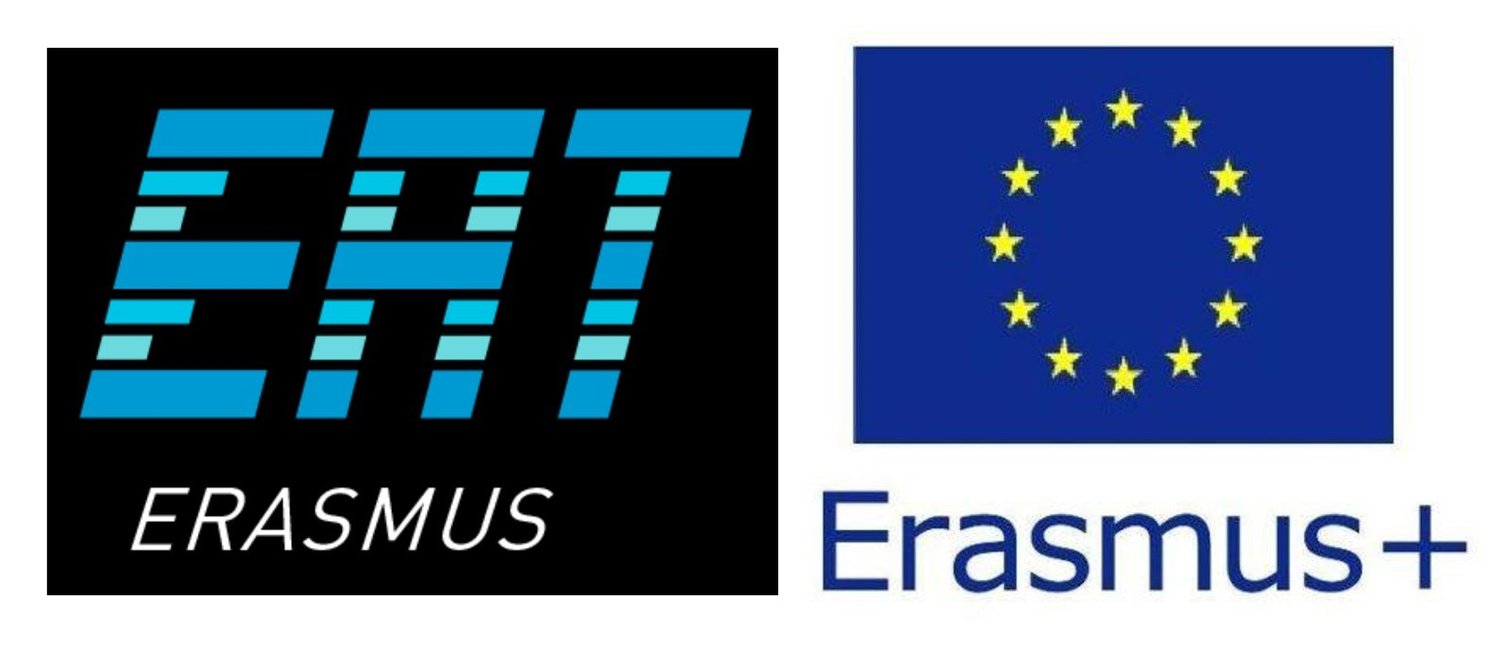Output Two: Case Studies and Training Programme
Output two includes:
EAT Case Studies. Methodology- this output is about developing understanding of practice within context – involving inquiry-based learning with action research elements (Scott et al., 2015). This is highly complex work requiring empirical analysis with colleagues to explore individual and contextual factors impacting assessment, and using EAT to support the development of a research-informed and integrated approach to assessment. It takes considerable time to build competence among colleagues and to build capacity. University partners will each hold preparatory internal seminars for staff. The work can be carried out at small-large scale- individual practice; module / programme / Faculty / College / University Levels. It involves an action research type intervention in the use of the EAT framework at scales appropriate to partners’ roles within institutions over time; it is longitudinal in nature. It requires a detailed examination of assessment literacy, assessment feedback and assessment design. This requires application of the principles underpinning the EAT Framework within context and developing an action plan as to how to use the EAT Framework to enhance assessment in the local context working with academics, professional services staff and students. It involves selecting participants to work with teams to develop innovative approaches. It requires coaching and support with implementation of ideas, and data analysis skills (quantitative and qualitative) to support understanding of the effectiveness of ideas. It will also involve an evaluation phase. Outputs will include a case study series to demonstrate how to apply EAT to differing contexts and scales of inquiry.
Assessment Training Development Programme. The aim is to develop a programme for professional developers on how the EAT Framework can be used with colleagues to inform assessment design. It will involve consultation with professional developers to support the development of an assessment training programme for staff and students. A further aim is to bring together the experiences of partners across institutions to provide a programme that is accessible and applicable to all. An exploration of national and university quality assurance literacy is an important part of this work.
Country and Discipline Specific Publications on using the EAT framework:
Publications for an academic peer reviewed journal – minimum of one for Spain, Kosovo, Portugal and UK. Academic papers will explore application and evaluation of EAT. Aim is to publish in a range of high ranked international journals.
Publications for an academic peer reviewed journal– minimum of one for Spain, Portugal, Kosovo and UK. Academic papers will explore application and evaluation of EAT. The aim is to publish in a high ranked, peer-reviewed international journals. Several seminars will be included in this work stream, to support familiarisation with the framework.
Phase 1: Seminars on Integrated Assessment will be held at 2 partner institutions (Partners 1 and 4).
Phase 2 Seminars on using EAT and measuring impact (Partners 3, 5 & 6).
The seminars will support design of assessment interventions to enhance practice over the three years and assist the refining of outputs through consultation with colleagues across the HE sector (academics; professional services staff and students); this will also assist evaluation.
Partner 4: Overall lead for the Case study set of outputs – coordinating activities and role in enhancing awareness of the research process. Instruction in methodology and evaluation. Managing programme level change and informing practice at institutional level.
Partner 5 will run a seminar and co-ordinate synthesis and evaluation for 02/A1; and facilitate the Training the Trainers discussions.
Partner 2 will be responsible for an overall synthesis of all case study outputs – involving qualitative methodological analysis.
Partners 1 and 3: Provide the academic insight into EAT and will work with Partner 4 to synthesize all outcomes from Output 2 workstream. Partner 1, 3 will provide guidance on
implementation and share research evidence and will support seminars at each HEI.
Partners 1 and 3 will be implementing a strategic approach to developing an assessment community of practice and will contribute to academic publications. Partners 4, 5 and 6 will contribute to case study development, the training

